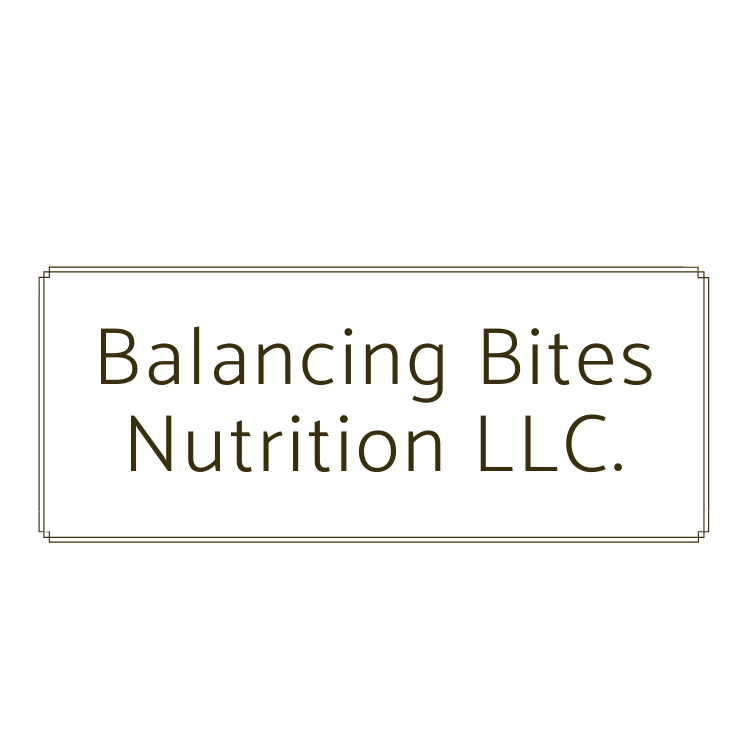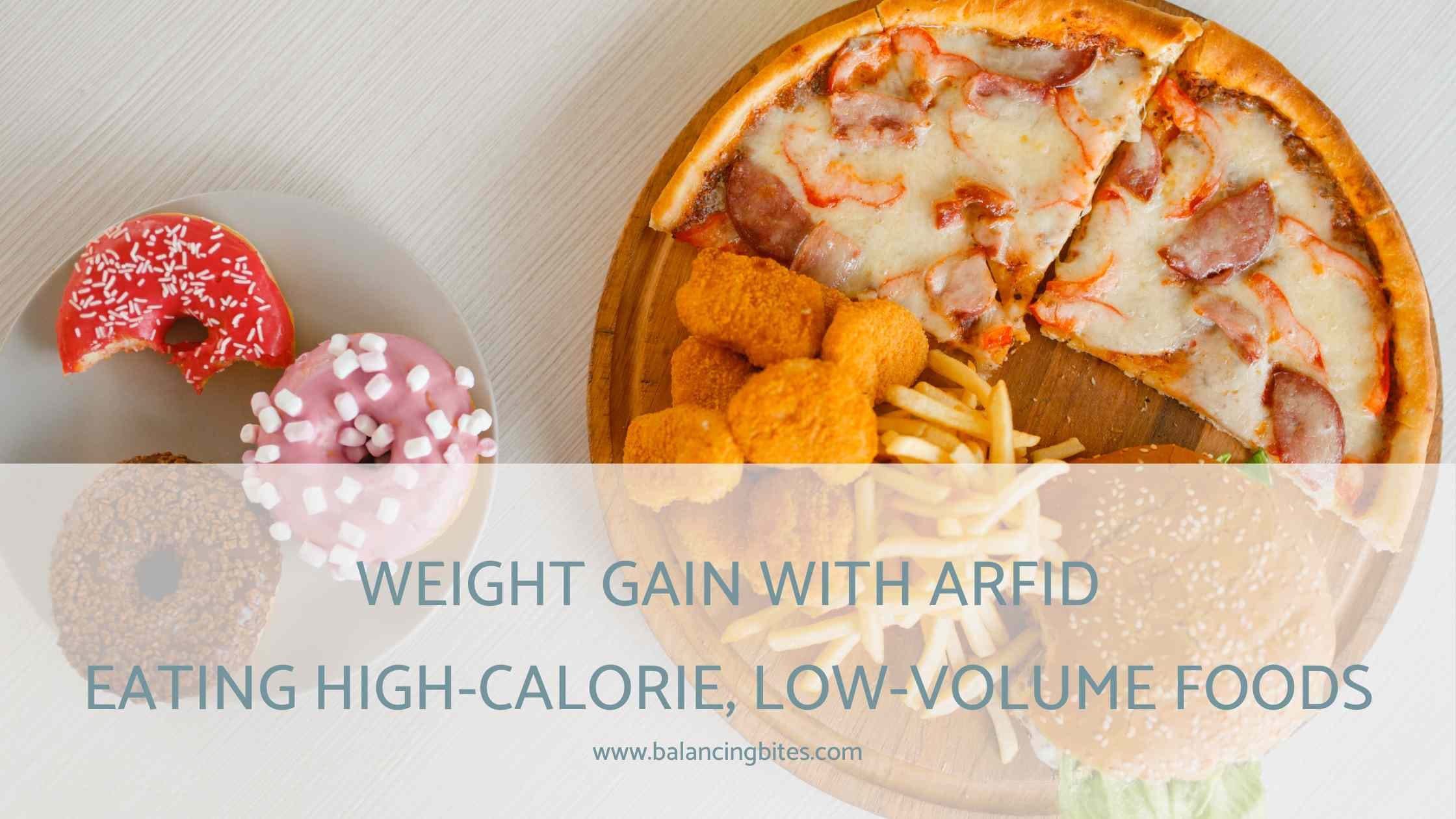The first goal you want to tackle with avoidant restrictive food intake disorder, or ARFID is weight restoration and nutrient deficiencies. This is the absolute first place to start even if you or your loved one only eats a limited variety of foods.
This was the first goal we started when my child was diagnosed. He was around 15 pounds underweight and had several vitamin and mineral deficiencies. And because he has an aversive/restrictive subtype, I knew eating a lot of food was out of the question.
So I focused on high-calorie, low-volume foods. This turned into a huge trial and error. For him, it came down to eating real ice cream (not a dairy dessert) and a milkshake daily. For you, it might be something else. It's important to try different foods and not get hung up on what society or people tell you is "healthy."
High Calorie, Low Volume Foods
The following foods are great for people that have food fear, low appetite, and low interest in eating. Keep in mind, this list is not exhaustive.
Dairy:
Milkshakes
Smoothies
Muffins
Ice cream (not dairy dessert)
Full fat cheese
Full fat yogurt
Whole milk
Cream
Butter
Baked Goods:
Muffins (made with whole milk and nuts)
Banana bread (add walnuts)
Cookies, (ex. peanut butter, monster cookies)
Energy balls
Meat:
Full fat meats (ex, chuck beef)
Sausage
Bacon
80/20 ground beef
Chicken thighs
Snacks:
Peanut butter snack bars
Perfect bars
Nuts (ex. macadamia nuts, almonds, pecans)
Seeds (ex. Sunflower, flax, chia, hemp)
Chips
Nut butters
Seed butters
Granola
Regular soda
Fruit:
Avocado
Coconut
Dried fruit
Supplements:
Ensure
Benecalorie
Carnation breakfast essentials
It's important to note that while these foods may be high in calories, they may not necessarily be the best choice for everyone. Like I said before, there is a great deal of trial and error to see what works for you or your loved one. For the longest time, I was held up on my loved one eating more nutrient dense foods that were also calorically dense. For us, that was the wrong way to go. It came down to him needing to gain weight no matter what.
Because he was also deficient in several vitamins and minerals, I had to turn to supplements. There was no way we could focus on weight gain while also eating foods high in vitamins and minerals. Foods that are high in vitamins and minerals, such as fruit and vegetables, are low in calories. In a future post, I will go into more detail about what weight restoration looks like, but until then keep adding more high-calorie foods even if it’s a few bites. Don’t give up.





